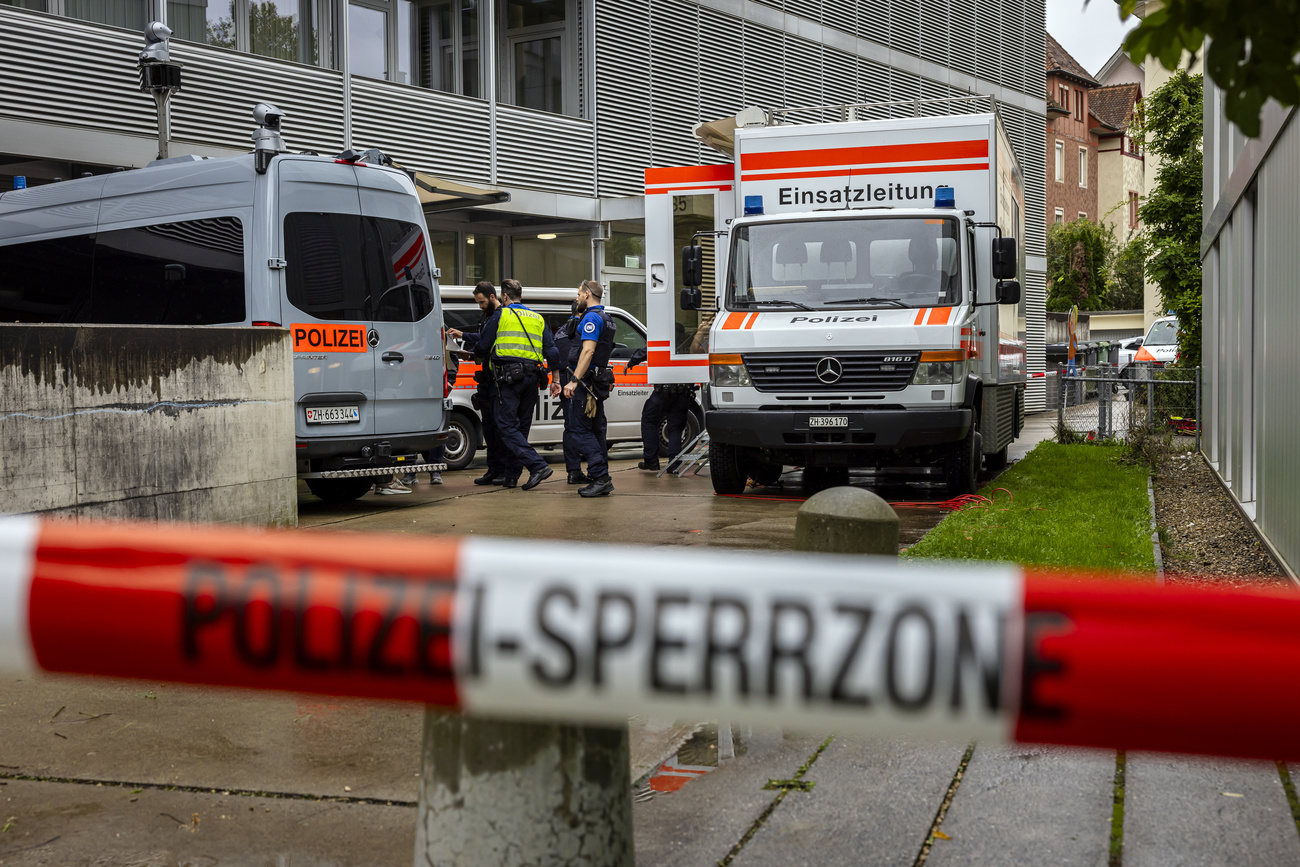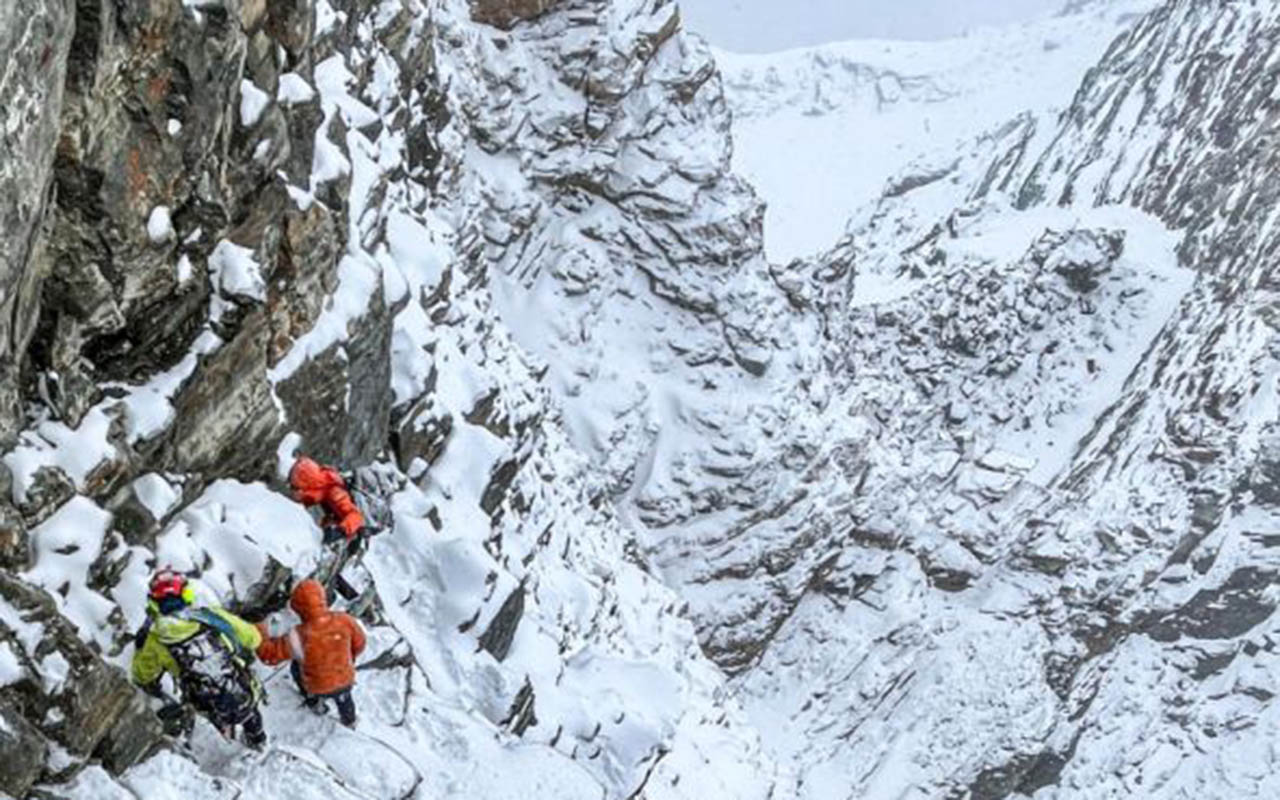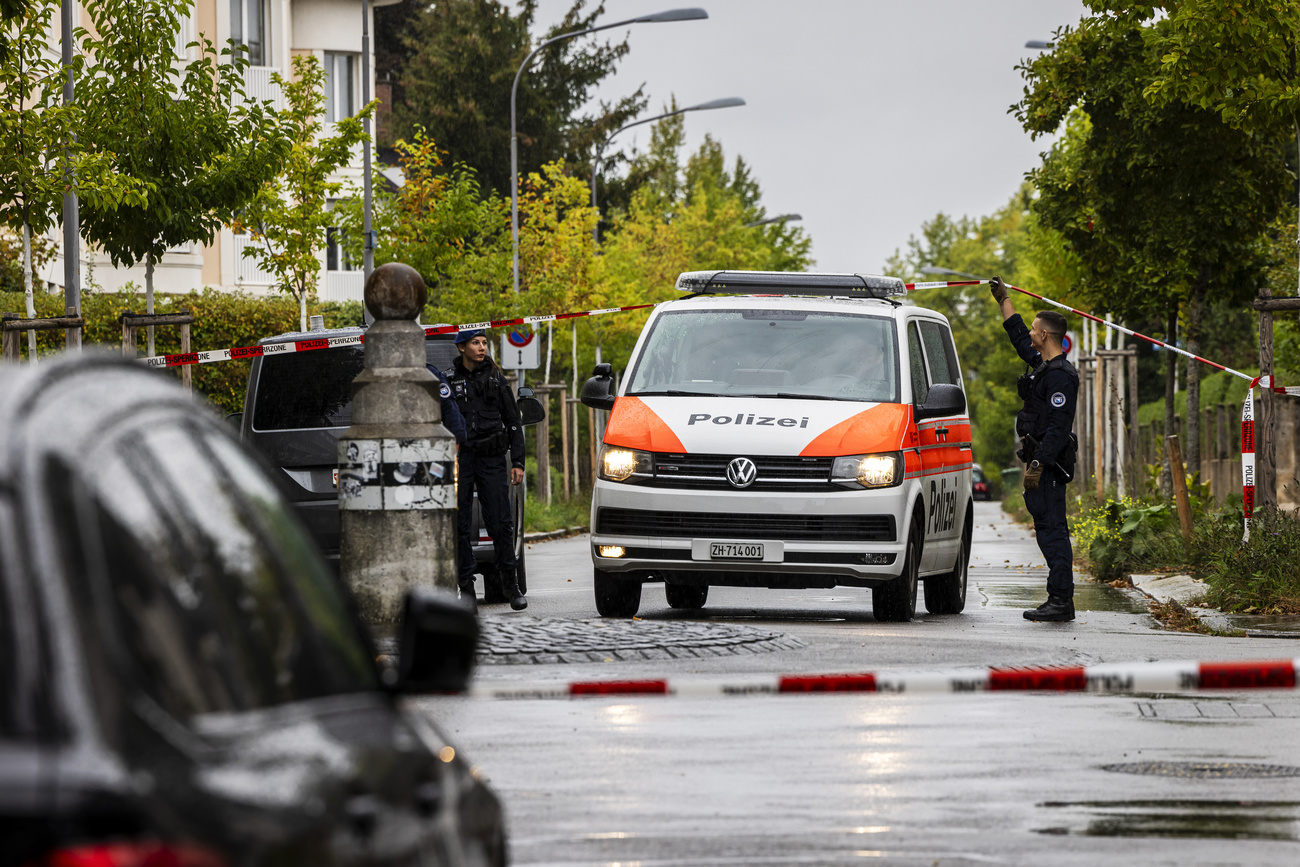Hezbollah supports ceasefire efforts in Lebanon, deputy leader says

By Maya Gebeily
BEIRUT (Reuters) -Iran-backed Hezbollah, which has suffered major blows from Israel in Lebanon, on Tuesday left the door open to a negotiated ceasefire after its arch-foe raised the stakes with fresh incursions in the south of the country.
In a televised speech, Hezbollah deputy leader Naim Qassem, said he supported attempts to secure a truce, and for the first time did not mention the end of war in Gaza as a pre-condition to halting combat on the Lebanon-Israel border.
Qassem said Hezbollah supported attempts by Speaker of Parliament Nabih Berri, a Hezbollah ally, to secure a halt to fighting, which has escalated in recent weeks with the Israeli ground incursions and the killing of top Hezbollah leaders.
“We support the political activity being led by Berri under the title of a ceasefire,” Qassem said in his 30-minute televised address.
It was not clear whether this signalled any change in stance, after a year in which the group has said it is fighting in support of the Palestinians during the Israel-Hamas war in Gaza, and would not stop without a ceasefire there.
Speaking in front of curtains from an undisclosed location, Qassem said the conflict between Hezbollah and Israel was a war about who cries first, and Hezbollah would not cry first. The group’s capabilities were intact despite “painful blows” from Israel.
“We are striking them. We are hurting them and we will prolong the time. Dozens of cities are within range of the resistance’s missiles. We assure you that our capabilities are fine,” said Qassem.
His televised address comes 11 days after the killing of Hezbollah leader Sayyed Hassan Nasrallah, the most devastating blow Israel has dealt its foe in decades. Another senior Hezbollah figure, Hashem Safieddine, seen as a likely successor to Nasrallah, has not been heard from publicly since an Israeli air strike late last week.
Israel kept up the pressure on Hezbollah on Tuesday by killing another one of its senior figures and launching new operations in southern Lebanon.
Qassem said Israel had yet to advance after ground clashes that broke out in south Lebanon a week ago.
“In any case, after the issue of a ceasefire takes shape, and once diplomacy can achieve it, all of the other details can be discussed and decisions can be taken,” Qassem said.
“If the enemy (Israel) continues its war, then the battlefield will decide.”
The regional tensions triggered a year ago by Palestinian armed group Hamas’ attack on southern Israel have spiralled in recent weeks into a series of Israeli operations by land and air against Lebanon. On Oct. 1, Iran, sponsor of both Hezbollah and Hamas, fired missiles at Israel.
WARNING FROM IRAN
Iran warned Israel on Tuesday against any retliatory attacks. Foreign Minister Abbas Araqchi said any attack on Iran’s infrastructure will be met with retaliation.
Araqchi will visit Saudi Arabia and other countries in the Middle East starting on Tuesday. In a video on state media he said the aim of his trip was discuss ways “to prevent the shameless crimes of the Zionist regime in Lebanon in continuation of the crimes in Gaza”.
Sources have told Reuters that Gulf Arab states have sought to reassure Tehran of their neutrality in the conflict.
On the ground, the area of Israeli operations in Lebanon has been expanding. The Israeli military said it was conducting “limited, localised, targeted operations” in Lebanon’s southwest, having previously announced such operations in the southeast.
A World Food Programme official voiced concern about Lebanon’s food supply, saying thousands of hectares of farmland across the country’s south has burned or been abandoned.
“Agriculture-wise, food production-wise, (there is) extraordinary concern for Lebanon’s ability to continue to feed itself,” Matthew Hollingworth, WFP country director in Lebanon, told a Geneva press briefing, adding that harvests will not occur and produce is rotting in fields.
World Health Organization official Ian Clarke in Beirut told the same briefing that there was a much higher risk of disease outbreaks among Lebanon’s displaced population.
Israel’s military struck Beirut’s southern suburbs overnight again and said it had killed a figure responsible for Hezbollah’s budgeting and logistics, Suhail Hussein Husseini, in what would be the latest in a string of Israeli assassinations of leaders and commanders of Hezbollah and Hamas.
Many Israelis have regained confidence in their long-vaunted military and intelligence after deadly blows in recent weeks to the command structure of Hezbollah.
The situation in Lebanon is getting worse by the day, the European Union’s foreign policy chief, Josep Borrell, told the European Parliament, calling for a ceasefire. Some 20% of the Lebanese population had been forced to move, he said.
(Reporting by Elwely Elewelly in Dubai and Maya Gebeily in Beirut and Benoit Van Overstraeten in Brussels and Emma Farge in Geneva; Writing by Michael Georgy; Editing by Clarence Fernandez, William Maclean, Peter Graff and Timothy Heritage)








